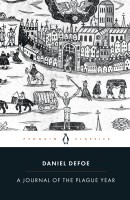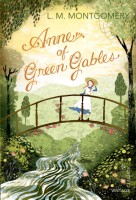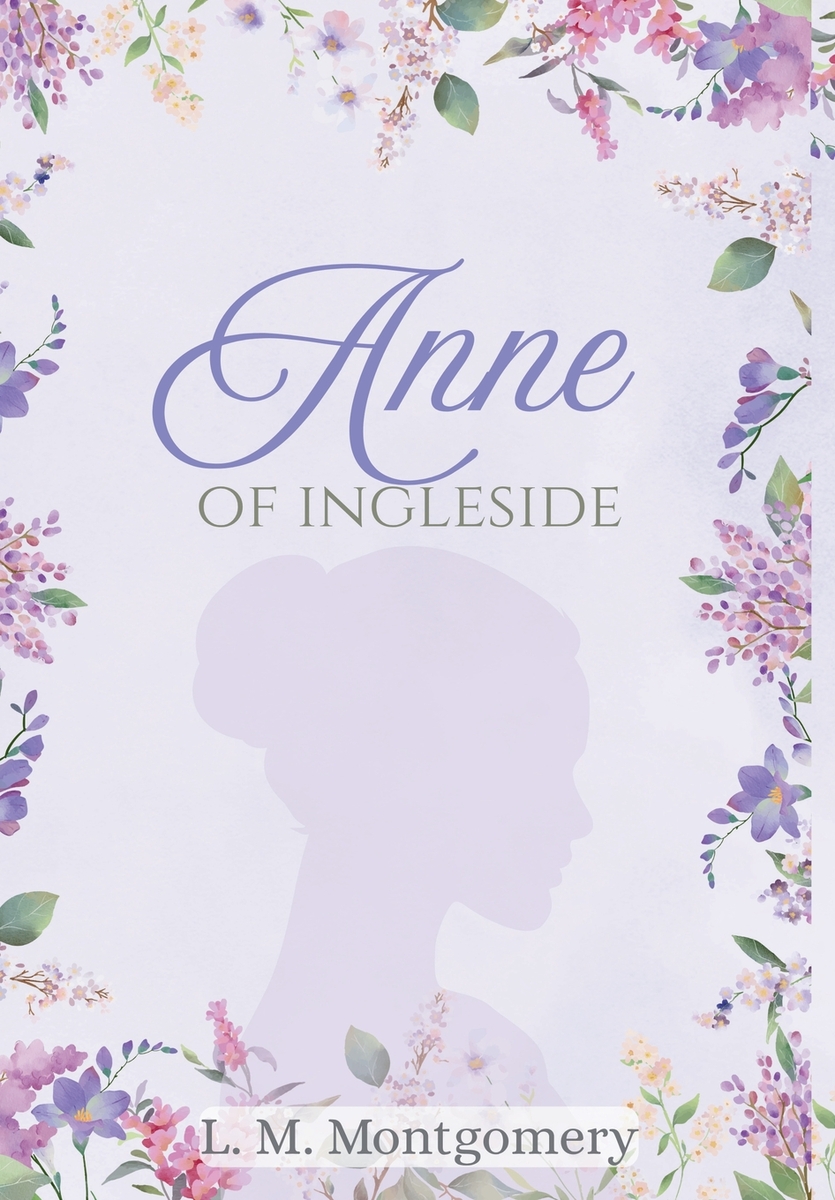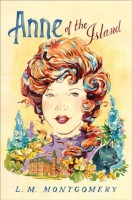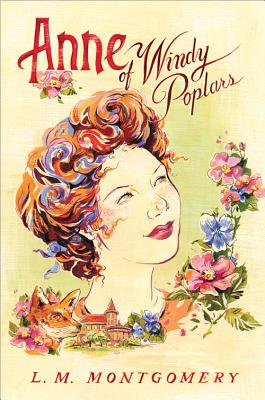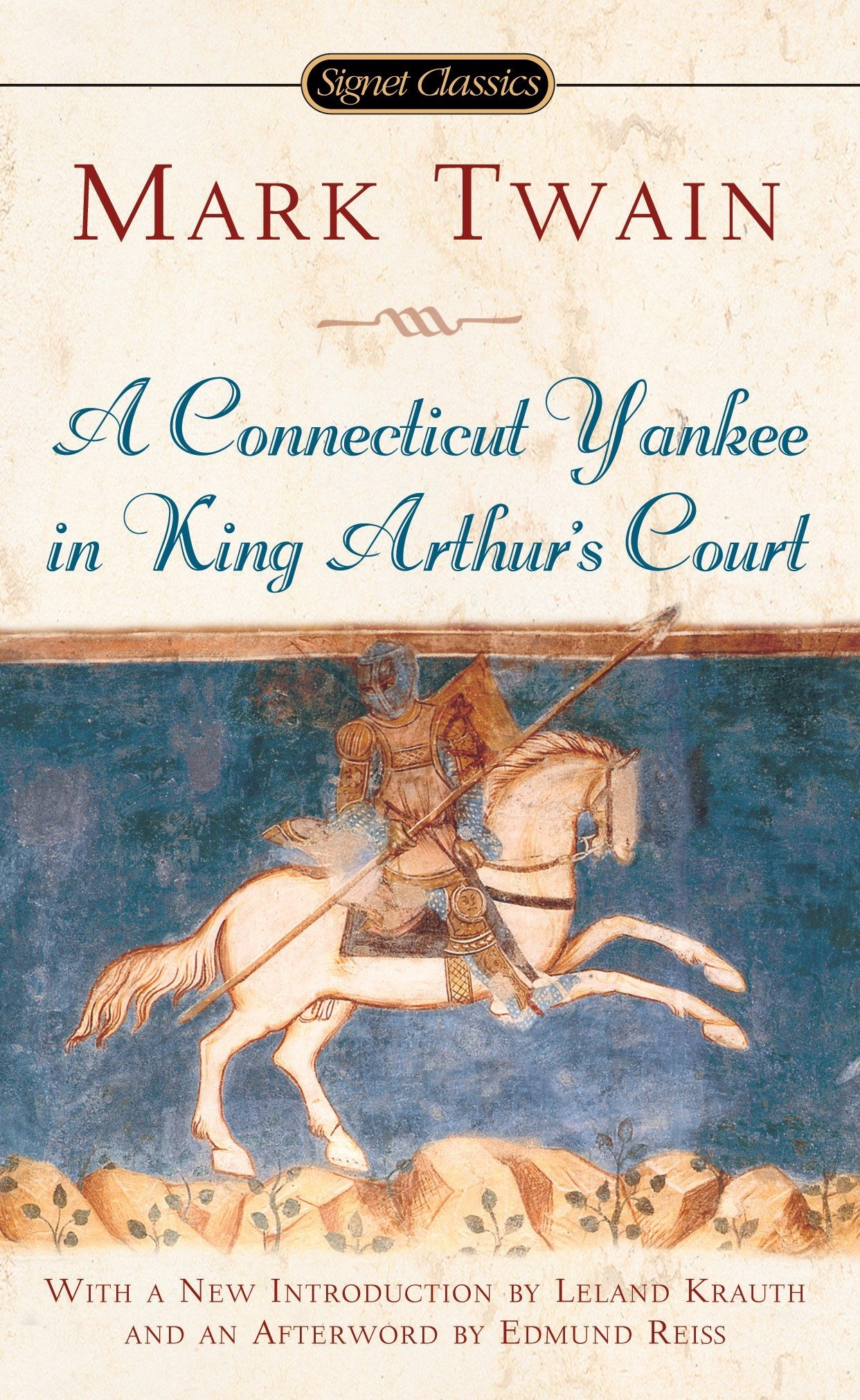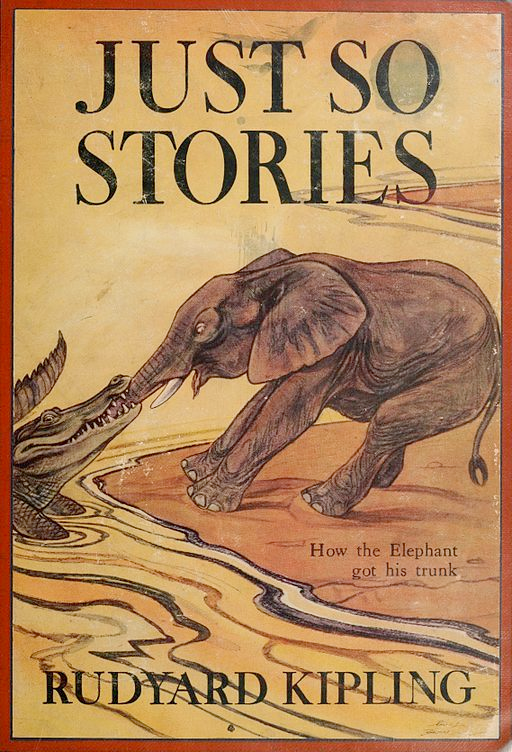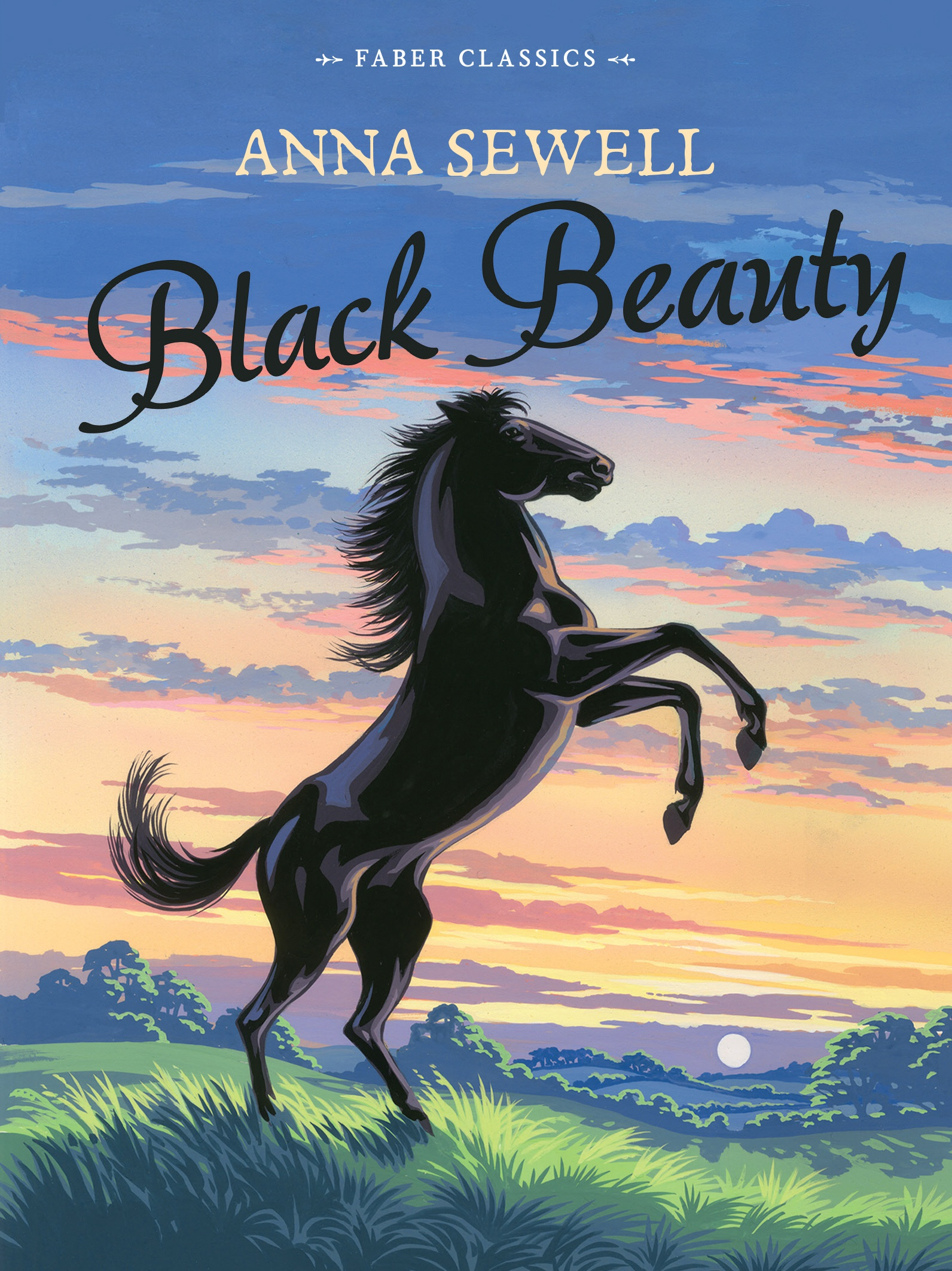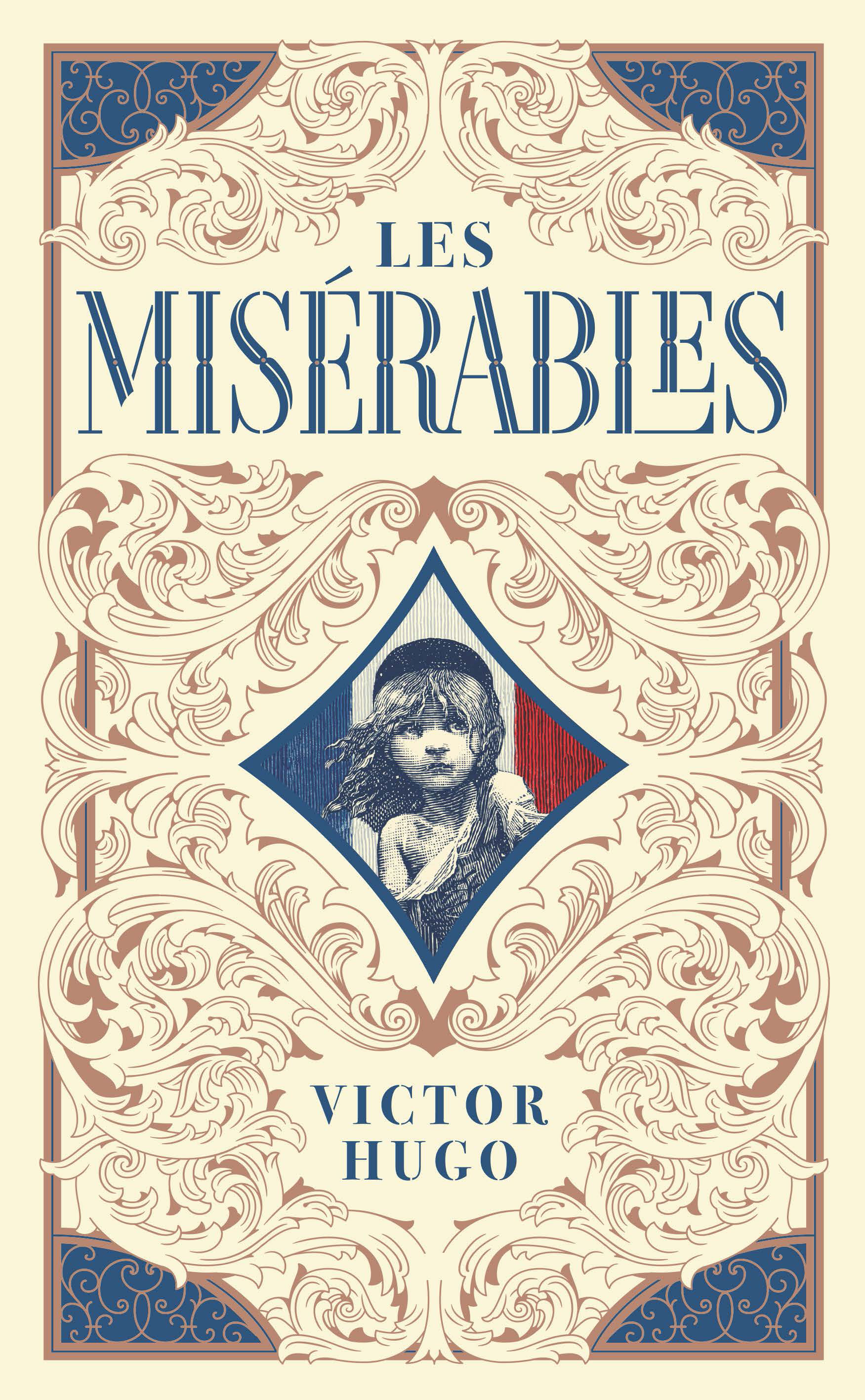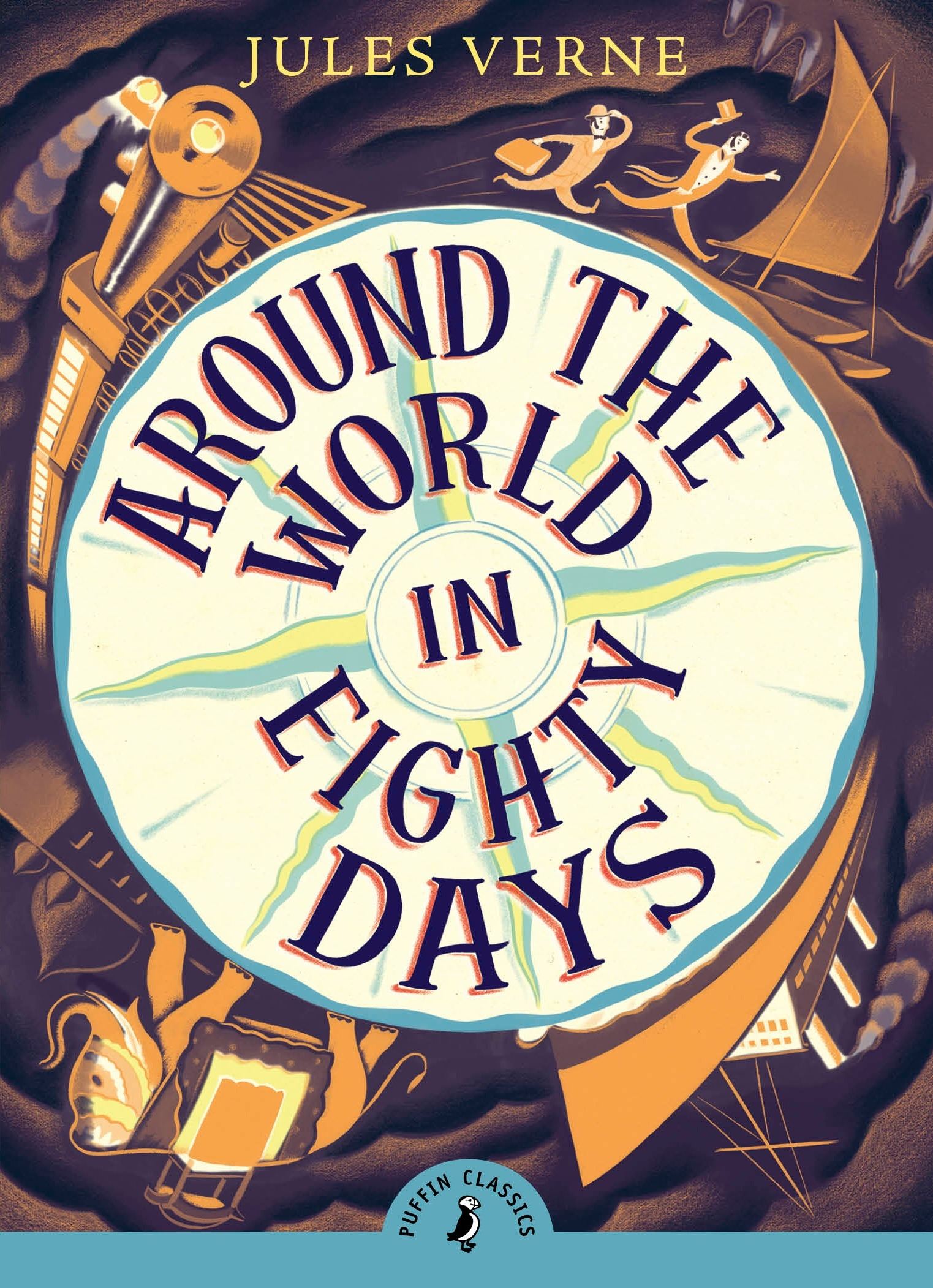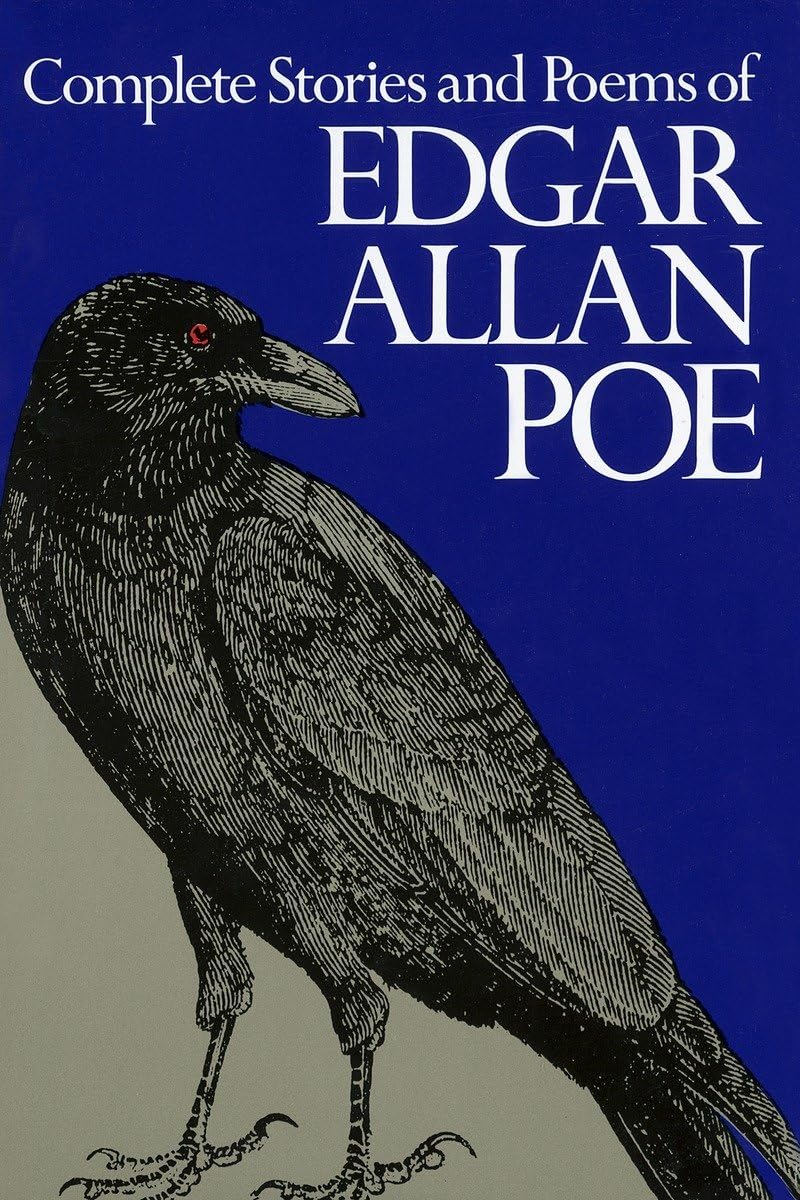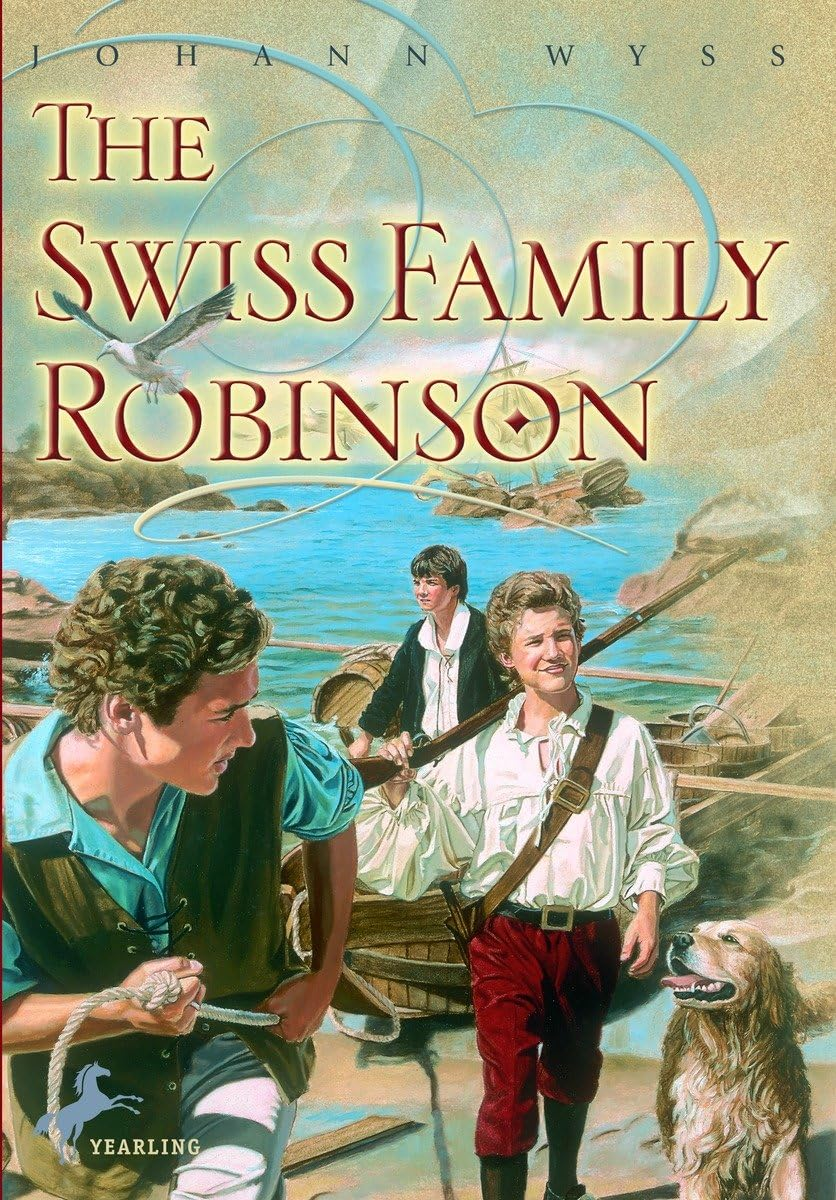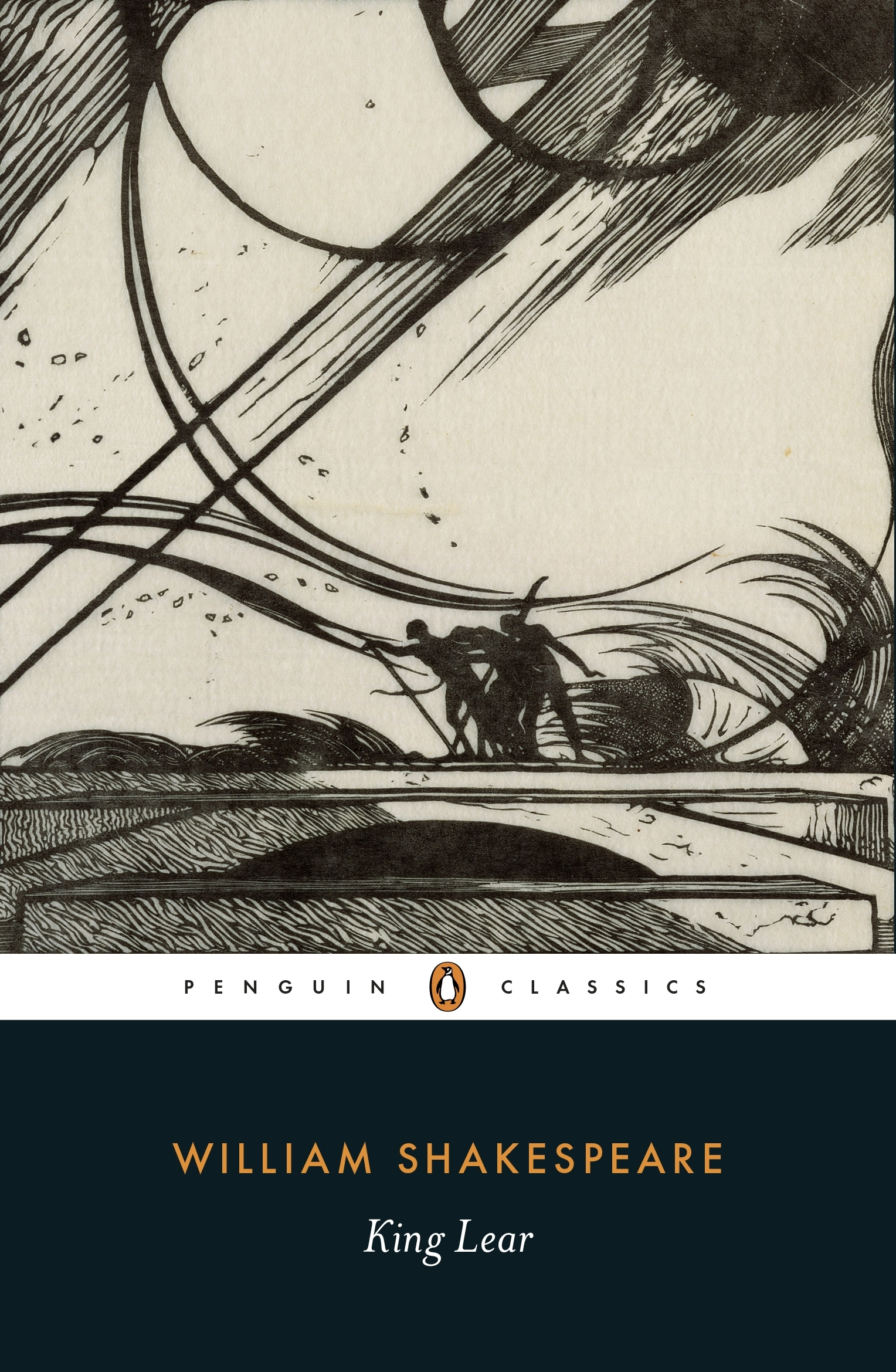Classic Books
Classic literature in eBook format.
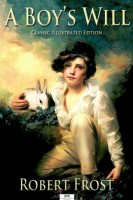
A Boy's Will
$0.00
by
Robert Frost
"ONE of my wishes is that those dark trees, So old and firm they scarcely show the breeze, Were not, as 'twere, the merest mask of gloom, But stretched away unto the edge of doom..."
The publication of A Boy's Will and North of Boston marked...
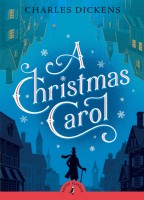
A Christmas Carol
A Christmas Carol tells the story of Ebenezer Scrooge, an old miser who is visited by the ghost of his former business partner Jacob Marley and the Ghosts of Christmas Past, Present and Yet to Come.
$0.00 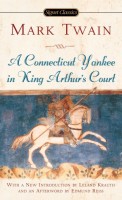
A Connecticutt Yankee in King Arthurs Court
$0.00
by
Mark Twain
A blow on the head transports a Yankee to 528 A.D. where he proceeds to modernize King Arthur's kingdom by organizing a school system, constructing telephone lines, and inventing the printing press.
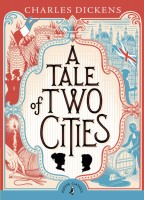
A Tale of Two Cities
"It was the best of times, it was the worst of times." Charles Dickens' novel relates the story of two Englishmen, lawyer Sydney Carton and aristocrat Charles Darnay, who fall in love with the same woman in the middle of the French Revolution.
$0.00 
